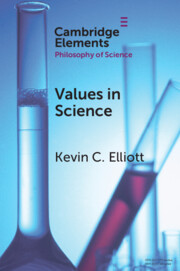Element contents
Values in Science
Published online by Cambridge University Press: 10 June 2022
Summary
Keywords
Information
- Type
- Element
- Information
- Online ISBN: 9781009052597Publisher: Cambridge University PressPrint publication: 23 June 2022
References
Accessibility standard: Unknown
Why this information is here
This section outlines the accessibility features of this content - including support for screen readers, full keyboard navigation and high-contrast display options. This may not be relevant for you.Accessibility Information
- 52
- Cited by
